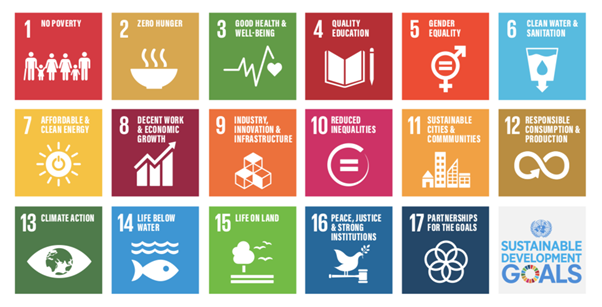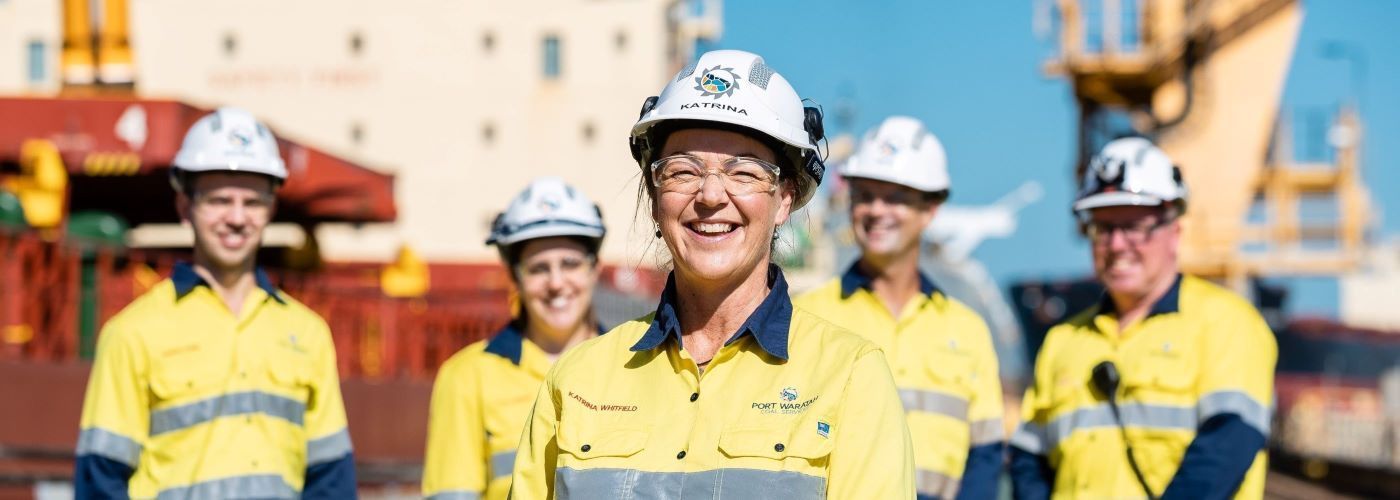The Global Search for ESG Talent
A perfect storm in from Western Australia
The collision of talent shortages and a self-imposed island state
The global pandemic, coupled with the climate change movement has created a momentum that is forcing corporations to review their purpose and impact. Environmental, Social and Governance (ESG) measures are now taking a front seat in corporate conversations across Australia, and perhaps most notably in the mining, resources and energy industries.
In Western Australia we find we are in the perfect storm – a candidate sparse market combined with authentic and considered socially conscious career seekers looking for employers of diverse and engaged workforces with an environmental and clean energy focus.
For the mining industry, which has often had one eye on the concept of “sustainability”, this has caused a flurry of ever-increasing activity. Although sustainability has been around for some time, understanding and measuring the direct impact on the performance of variables such as diversity and inclusion has been something of a dark art.
Company ESG performance is increasingly a data driven and measurable necessity that investors, lenders and rating agencies are increasingly scrutinising and in some instances e.g., the black coal segment totally withdrawing investment. These nonfinancial metrics are set to cause change at all levels of industry, shedding light on diverse social and environmental risks.
Many junior and intermediate miners are in the early stages of their ESG journey and have strategically or have been forced to review their purpose, their impact, and their role in society. As Western Australia has maintained its island-like status, mission critical talent shortages have been rife and have significantly impacted across all industries, resulting in corporations scrambling to attract and retain quality talent.
The talent driven shift brought about by COVID has meant that higher salaries are no longer the only employee concern. Along with work life balance, companies have had to re-evaluate their ESG practices and how they demonstrate their performance on social and environmental issues.
Candidate shortages aside, investors and lenders are also playing their part. Through our cousins in Europe, shareholders have seen the tangible value creation and shift in profitability that measured ESG initiatives and purposeful work have had. This is in part due to reduced costs, greater risk management and overall improved reporting on various factors. However, there is also evidence that corporate clarity of vision and purposeful activity have a great impact on productivity and performance, all driven by employee engagement.
In the last 12 months, Beilby Downing Teal has been mandated to recruit a number of “ESG Managers”. These processes have given us a unique insight into the multi-faceted nature of this subject, the limited knowledge surrounding it and the problem of targeting traditional talent pools to take on these inaugural roles.
Candidates from Environmental, Health & Safety, Community Engagement, Sustainability, Communications, HR and even Finance/Investment backgrounds can and have been considered. In an unproven marketplace, with organisations often unfamiliar with the nature of this role, we have searched for candidates with backgrounds covering more than one of these specialities. Handling strategy, regulators and implementing actionable deliverables requires a unique skillset and the ability to impact stakeholders across all aspects of a business.
Where the ESG function fits in in an organisation structure is up for debate. In larger organisations, due to the strategic impact of ESG and its wider implications on overall purpose, the natural reporting line is to the CEO. However, in the smaller and mid-tier miners, the most tangible impact can be had by reporting through to the COO, depending on the stage of their operations.
Overall, organisations and hiring managers have various elements to mull over – their purpose as it relates to ESG, ESG as a talent attraction and retention strategy and ultimately, who leads the charge within the company.
Extractive industries globally have woken up to their place in the energy transition and must be able to demonstrate measurable, investable ESG plans to investors. Companies can expect to be faced with an increasingly competitive labour market, as environmental and social issues become real world business concerns. ESG as a function must not be seen as just part of a branding exercise, investors are beginning to demand transparent and measurable ESG initiatives.
We can expect the adoption of ESG practices and the pace of change in WA to become as fast as anywhere in the world. Finding experienced ESG professionals to help navigate that change will become an increasingly challenging process.
To date, the clear winners in the ESG war for talent are those with clearly articulated organisational values, competency frameworks, role clarity and purpose. This transparent evidence allows organisations to readily consider candidates with transferable competencies and candidates to align career choices with personal values.
If you are feeling the impact of the current talent shortage in WA, reach out to our General Manager, Nick Verkerk, to find out how we can assist you to capture the right talent for your business.
Article written by Nick Verkerk,
















